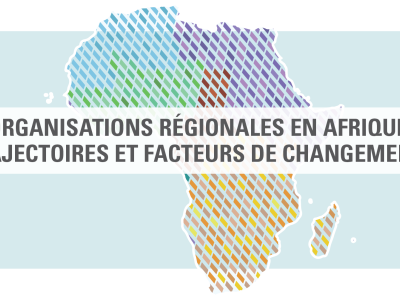
Aid Effectiveness and the Provision of TA Personnel: Improving Practice
Drawing on the recent work of ECDPM on technical assistance (TA) and capacity development, as well as on the findings of related studies, this Policy Management Brief (PMB) argues that improving the effectiveness of TA personnel as an instrument for capacity development requires actions at two complementary levels: support behind country-defined strategies and systems and improving the quality of support provided by TA personnel by adopting a ‘capacity development perspective’ Key messages Technical Assistance (TA) personnel remain the most obvious and significant element of technical cooperation, and will certainly remain a key input to capacity development in the future. However, the provision of TA personnel has been the subject of significant criticism in terms of cost and limited impact. For this reason, this PMB focuses on the provision of TA personnel and not on the wider discussion of technical cooperation (TC) that encompasses training, exchange visits, and the provision of equipment. Background The paper builds on a study commissioned in 2006 by Australia, Denmark and Germany to contribute to the current discussions on aid effectiveness and capacity development. Drawing on the findings of three country studies (Mozambique, Solomon Islands and Vietnam), a workshop held in Maastricht in May 2007, as well as a review of the wider literature, the study offers insights on what works in relation to the deployment of TA personnel and examines initiatives and reforms being taken to improve practice. For the past half century, technical cooperation has been one of the most recognizable features of development cooperation and, for some development agencies it has represented the most common mechanism for developing capacity. The 2005 Paris Declaration on Aid Effectiveness is important to the discussion on TC in general and on TA personnel in particular. Conclusion Country management will enhance country ownership and commitment, and contribute to greater effectiveness. Ideally, the involvement of development agencies in managing TA should be limited. This is what is envisaged in the ‘procurement’ approach to TA personnel management, as advocated by others. The Paris Declaration challenges development agencies to reform their provision of technical cooperation so that country partners play a more strategic role and provide greater leadership in relation to TC/TA. Increased country participation in the management of TA personnel is a key determinant of TA effectiveness, then so too is a better understanding of the role of and opportunities for TA personnel (and technical cooperation, more generally) to support local capacity development processes.



